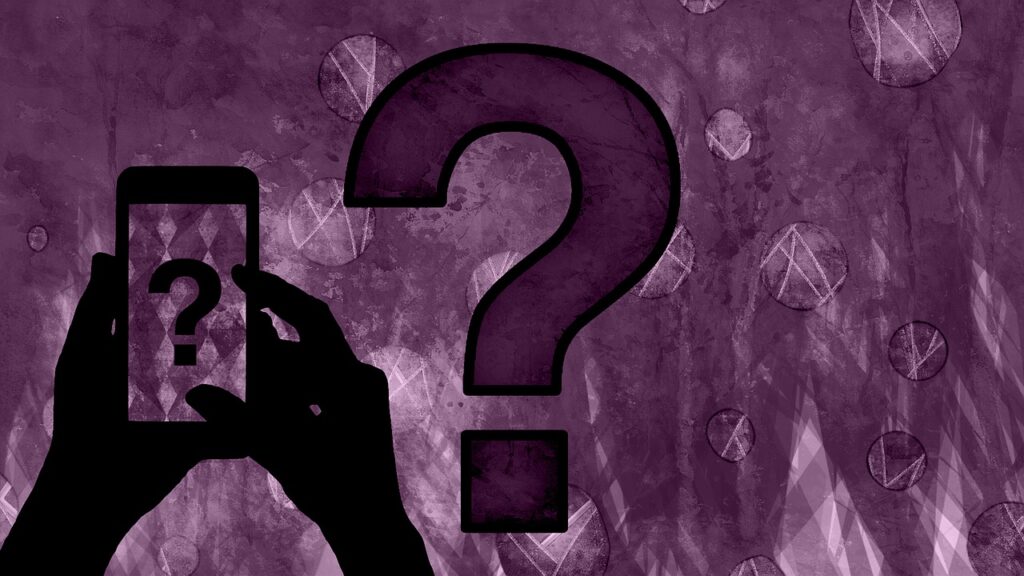It’s not uncommon that people still confuse coaching with therapy. We want to make something abundantly clear: coaching is not for crisis situations. FRC is here for you through all life’s trials, but your coach will also be the first to acknowledge when something goes beyond our scope of education. Our coaches are not clinicians, cannot diagnose or prescribe, and are not qualified to handle true crisis situations. So, what can we do and what do we do when a crisis emerges?
The Coach’s Role
Coaches listen to their coaching partners and help lead them through a myriad of thought exercises and development. They ask questions, pushing coaching partners to create goals and adhere to those goals. We help you reach them in positive and healthy ways. Coaches guide, encourage, and motivate coaching partners. They help coaching partners pull the answers and solutions out of themselves, empowering them to accomplish almost anything.
A coach’s role focuses on the road their coaching partner is on right now. It’s about living in the present with eyes going forward. Coaches believe their coaching partners are healthy, whole, and resourceful. They ask powerful questions, digging into resources the coaching partner may not realize exist. Then, they keep the coaching partner accountable for completing self-prescribed tasks. This is what makes coaching truly successful.
The Question of Crisis
Coaches are unqualified to handle crisis situations and watch for red flags such as suicidal ideation, depression, or other concerns. We urge coaching partners to keep seeing their therapists or seek one out if needed. We work alongside coaching partners and concurrently with therapists or other mental health providers. Coaches assure the coaching partner is receiving the best possible care, resources, and treatment for recovery.
The Trainer/Orthopedist Parallel
Imagine you’re trying to get in shape but doing so on your own doesn’t seem to be working for you. So, you hire a personal trainer. You meet at the gym and start getting to know your current physical ability. Your trainer helps you work on a few things at a time. Over time, you’re feeling very comfortable trusting your trainer as you begin to feel better after every workout.
Suddenly, an injury occurs. Maybe something happens at home or at work, but you’ve injured your arm and it’s painful. You need intervention, but who in their right mind would call the trainer for a broken arm? You go to a doctor and start seeing an orthopedist for your arm, which is now in a cast. You call your trainer to explain the situation and the trainer agrees to see you on or after a certain point. There’s other exercises you could do, but the trainer encourages you to focus on healing your arm primarily.
The cast comes off and you’re ready to start going back to full training at the gym again. You see the trainer and are immediately asked, “When are you following up with your orthopedist?” The trainer knows you’ll need to start gently with that arm and that follow up is important. The trainer knows their place, their limits, and will watch for red flags in case you need to return to the orthopedist.
Coach or Therapist
Keep in mind that coaches do not diagnose or treat, much like a gym’s personal trainer cannot reset a broken bone and cast it. Coaches encourage coaching partners to always keep the possibility of therapy open. This is especially true if the coaching client has undergone therapy in the past or is dealing with trauma. It’s like the difference between being healthy and being fit, or between mental health and mental fitness. Madeline Miles outlines it well in her article, What life coaching is (and what it isn’t).
“For those experiencing symptoms of mental health conditions (like anxiety, depression, bipolar, PTSD, or any other mental illness), seek professional help. A trained mental health professional will be able to support you in your mental health journey, not a life coach. Mental health is a spectrum. Some people live with mental health conditions while others experience symptoms at certain points in their life… With coaching, you can build a strong mental fitness practice to be better equipped to handle whatever life throws at you. Think of it as a supplemental practice to your mental health care, not a substitute.”
BetterUp, 2022
We still encourage life coaching, because of course we do! But keep in mind that we are here to cheer you on, hold you accountable, change your perspective, but we are no substitute for a clinically licensed mental health professional. When in true crisis, reach out to your therapist or mental health provider. If it’s a life threatening crisis, dial 988 to reach the Suicide and Crisis Lifeline. We care about you and you are worth caring about!
